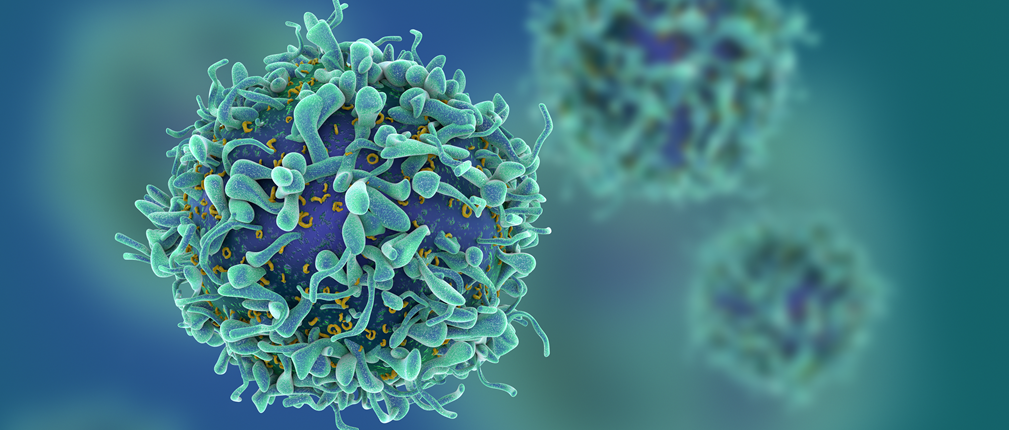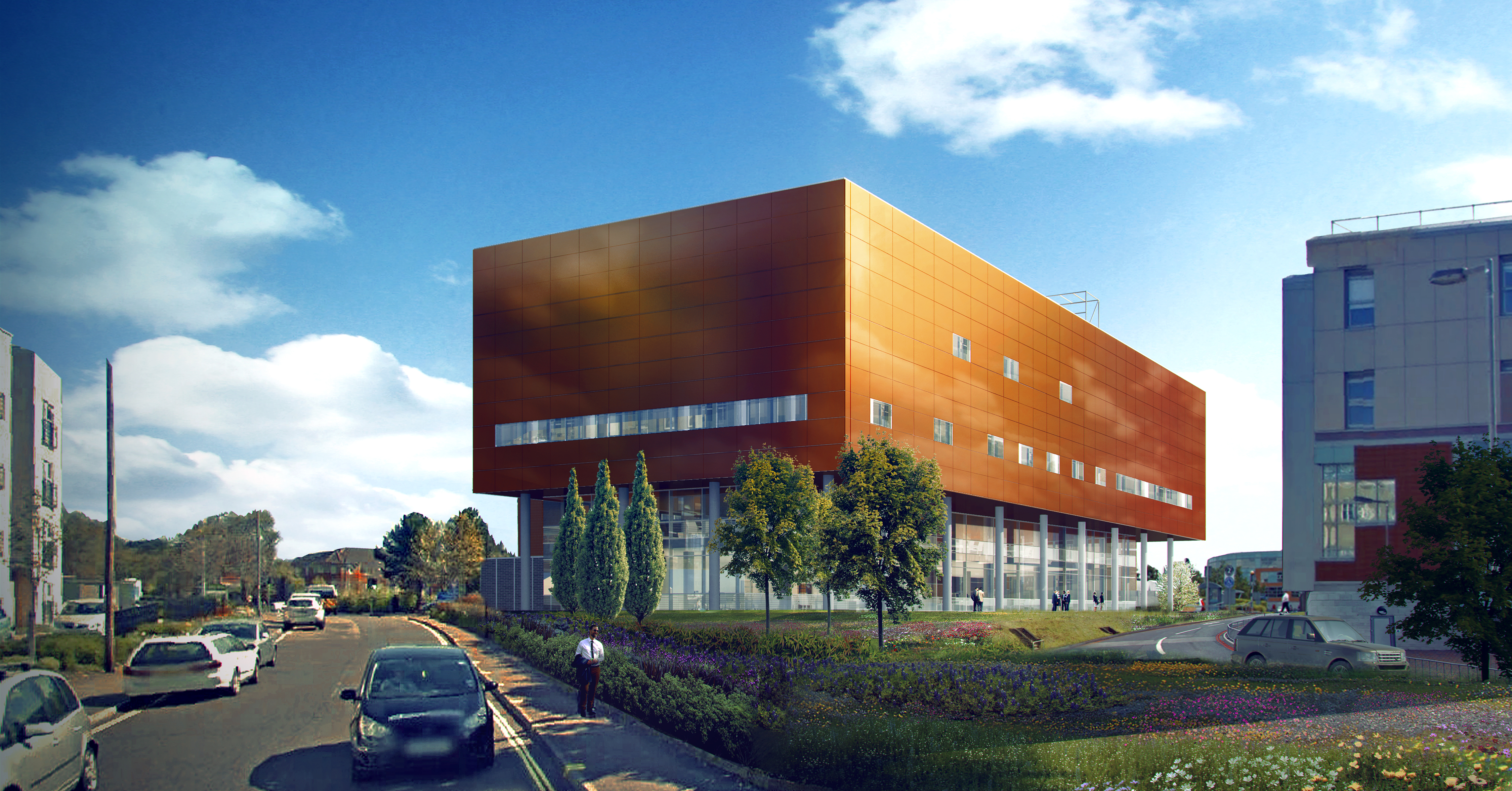Hartley News Online Your alumni and supporter magazine
As the University’s Centre for Cancer Immunology campaign enters its final phase, our world-leading academics look forward to the next step in Southampton’s pioneering success story.
Next year will see the completion of the construction of the new dedicated £25m Centre. Soon after completion, the first of the clinicians will start to move across to further their pioneering research in the new state-of-the-art building.
It is the beginning of a new chapter in the story of immunotherapy development that has been advanced here in Southampton for successive generations – to the point where it is considered to be a family business.
The dynasty began with Freda and George Stevenson who are widely regarded as being the founders of immunotherapy which, in essence, studies how the body can cure itself of cancer by using its own immune system.
Their team is credited with discovering that all malignant cancer cells display a unique ‘marker’ protein called an idiotype, giving antibodies produced by the body’s immune system a natural target. Since that ‘eureka moment’ in the early 1970s, their team has continued to lead the field in immunotherapy, advancing ever-closer to finding a cure for the disease.
Under their tutelage, Tim Elliott, Martin Glennie and Christian Ottensmeier all experienced the cutting-edge science of the approach as postgraduate students, before going on to lead in different aspects of the field.
Tim is now a Professor of Experimental Oncology, having completed his PhD under George Stevenson. He says:
It was clear by the 1990s that something big was happening here in Southampton. It was an exciting time; clinical trials were underway in the city so I moved from Oxford to be a part of that.
A few centres like Southampton kept going with immunology – the idea that the body could cure itself. We stuck with it and have really made huge strides in developing the potential for the body to turn its own attention to destroying a tumour.
Since undertaking his PhD with George, Martin – now a Professor of Immunochemistry – has gone on to make significant discoveries in the field alongside Christian, who studied his PhD under Freda’s guidance.
Christian, a Professor of Experimental Medicine, described being ‘in awe’ at working alongside Freda and George when he first joined the University:
George gave so much thought to how the treatments he developed might actually benefit people – and he was so willing to teach and share his thoughts.
He showed by example that knowledge gained in the lab can be translated into treatments that help people. George’s legacy has shaped the way I think about translational medicine.
Their work went on to inspire a new generation, with Tony Williams joining through a fellowship under the guidance of Tim, while Juliet Gray completed her PhD under Martin and Peter Johnson – who joined the team as a Professor of Medical Oncology and is now Cancer Research UK’s lead clinician.
Aymen Al-Shamkhani also started his career at Southampton through post-doctoral research, and is now a Professor of Immunology. Martin Glennie supported both him and Mark Cragg, who went on to become a Professor of Experimental Research, having completed his PhD under Martin.
Mark has, in turn, been a guiding hand through the early career of Dr Sean Lim as a postgraduate at Southampton. Sean is now an Associate Professor in her own right and is already making huge advances in the immunotherapeutic treatment of lymphoma.
Now the whole team is looking forward to new beginnings as a fresh chapter in the immunology story here at Southampton begins. The dedicated Centre for Cancer Immunology is due to open next year, with the campaign just touching distance away from reaching the £25m needed to fully equip the facility. Thanks to a recent big gift, the current total now stands at £23.8m
Tim, who is Director of the Centre says: “We are renowned for our discoveries in the field of cancer immunology where we have been working for more than 40 years.
This centre will be the first of its kind in the UK and is a coherent entity to bring all that expertise together.
Having this unique combination of world-leading academics alongside state-of-the-art, dedicated facilities makes it the ideal place for a new generation of pioneers to flourish.
Tim adds:
We have now the right eco-system here in Southampton. You can only get the best education in biomedicine by being embedded in the research practice. That is exactly what we are doing.
This is discovery science, and we are that pipeline to taking it from the lab it right through to clinical trial.
The campaign is now in the final stages of its fundraising phase. Find out how you can support our pioneering research here.

